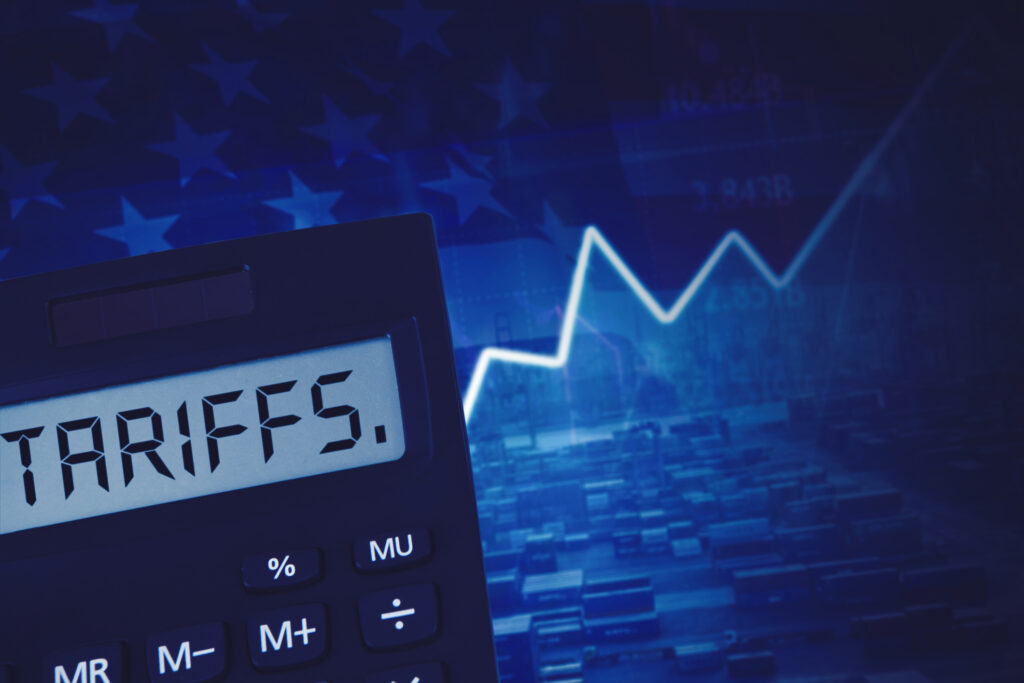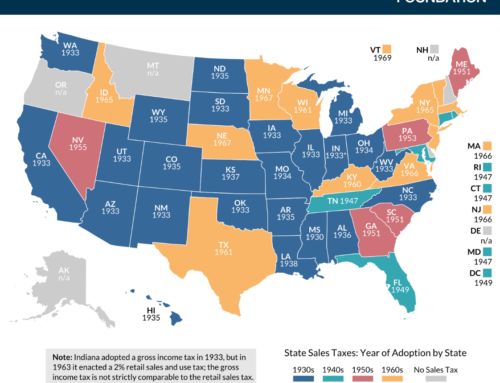
You’ve probably heard the word “tariff” tossed around in financial headlines lately—but what does it really mean for your investments? At first glance, tariffs might seem like just another policy tool or political talking point. But in reality, they can have significant and immediate consequences for the stock market, corporate profits, global supply chains—and yes, even your grocery bill. Whether they’re newly introduced, lifted, or merely hinted at, tariffs can cause sharp swings in the market by introducing uncertainty and raising costs. Here’s a breakdown of how tariffs work—and why even the possibility of them can cause the market to swing.
What Is a Tariff?
A tariff is essentially a tax placed on goods imported into a country. When companies bring products into the U.S. from abroad, they’re often required to pay an extra cost at the border. While the tariff is technically charged to the importer, that cost is rarely absorbed by the business. It often gets passed on—first to businesses, then to consumers in the form of higher prices.
Why Use Tariffs at All?
Governments typically use tariffs to protect domestic industries. By making foreign goods more expensive, tariffs aim to give an edge to local producers. It’s a strategy often used to support struggling sectors or to pressure other countries into trade negotiations.
The Chain Reaction: Why Markets React So Strongly
Tariffs raise costs for companies that rely on imported materials or finished products. When those input costs rise, profit margins shrink. Lower profits make investors nervous—and nervous investors often sell, which drives markets down. That’s just one link in a much longer chain of consequences.
Higher prices on goods contribute to inflation, which eats away at consumer purchasing power. Inflation can also prompt the Federal Reserve to raise interest rates, tightening economic conditions even more. On top of that, many U.S. companies rely on intricate global supply chains. Disrupting those relationships can delay production, increase overhead, and trigger ripple effects across multiple industries.
And it doesn’t stop there. Other countries often retaliate with tariffs of their own on American goods, which hurts U.S. exporters and global relations. That uncertainty affects consumer confidence—if people expect prices to rise or jobs to be affected, they may pull back on spending. And when consumer spending slows, the economy tends to follow.
The Power of Words: Market Swings Without a Single Policy Change
It’s not just the tariffs themselves that make headlines—it’s also the possibility of them. The market is highly sensitive to geopolitical signals. Just the threat of new tariffs can lead to sudden volatility as investors try to predict how policy changes might affect corporate earnings or global trade. On the flip side, lifting the threat of tariffs can cause an immediate rally, as markets breathe a sigh of relief.
What It Means for You
Tariffs may seem distant from your day-to-day life, but their impact can be felt in your portfolio, your spending power, and the broader economy. The good news? With the right financial strategy, you can stay focused—even when the headlines are loud.
Let us help you navigate today’s volatility with a plan designed for strength, balance, and peace of mind. Click HERE to reach out to one of our professionals at Zinnia Wealth Management today for a complimentary review of your finances.
https://www.cnbc.com/2025/04/08/why-the-stock-market-hates-tariffs-and-trade-wars.html
This information is provided as general information and is not intended to be specific financial guidance. Before you make any decisions regarding your personal financial situation, you should consult a financial or tax professional to discuss your individual circumstances and objectives. The source(s) used to prepare this material is/are believed to be true, accurate and reliable, but is/are not guaranteed.
SWG4396604-0425






